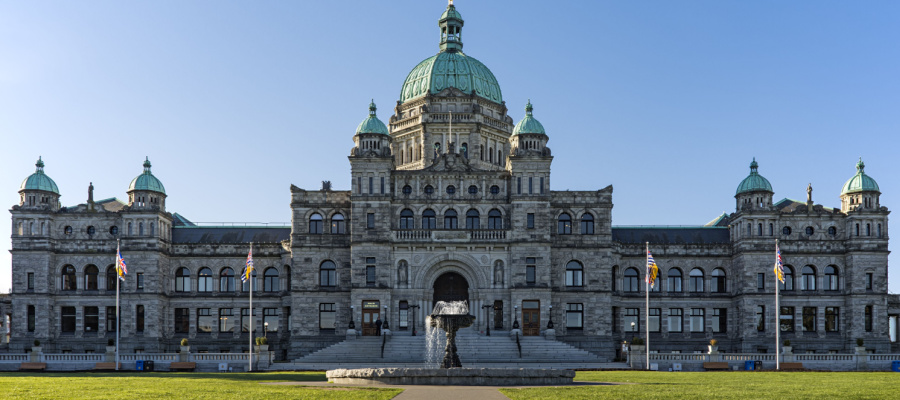Droppin’ some HST
The province-wide revolt over BC’s looming Harmonized Sales Tax is reminiscent of protests a generation ago when the HST’s federal parent, the Goods and Services Tax, was born. The rationale for that shift was similar to that of the HST: to switch from an invisible tax paid by producers (the Manufacturers’ Sales Tax) that was passed on to consumers to a transparent tax (the GST) paid directly by consumers.
While this is not controversial for economists, public hatred for the GST has never really gone away, and the Harper Tories capitalized on those sentiments by reducing the GST twice. Given these ugly politics, why any sensible provincial politician would go down that road is beyond me, although it explains why we heard nothing about the HST until after the election.
Having said that, in principle there is nothing wrong with harmonization. It simplifies administration, treats all goods and services the same for tax purposes, and allows exporters to reduce their prices since they get credit back for HST they pay on their inputs, unlike the PST. A more efficient tax and a broader tax base are also a good things from the perspective of raising revenues to support high quality public services.
The big problem with the HST is around who gains and who loses in the $2 billion tax shift from business to consumers. Consumers will be paying new taxes on goods and services previously exempt. And while the government has proposed a credit for low-income households with incomes under $20,000, it phases out very quickly after that, leaving a big hit for modest- to middle-income households with hundreds of dollars in additional taxes paid.
There may be some offset to this if businesses that did pay PST pass along their savings in lower prices. The government argues this will be the case on the basis of one study that examined the introduction of the HST in the Maritimes a decade ago. Unfortunately, the study does not adjust for differences in economic conditions or differences in what is covered by different provincial PST, so it is not conclusive. What the study also finds (that has not been mentioned) is that the shift overall is somewhat regressive, largely due to the impact on higher shelter costs, clothing and footwear prices, and that elimination of PST did not so much lead to lower prices as much as slightly lower inflation rates for the goods and services affected. Oh, and the provincial governments also substantially cut the sales tax rate as part of implementation.
Lesson for BC: don’t sit around waiting for prices to fall, and expect that businesses will continue to try to make as much money as possible.
But for all the furor over the HST, fixing it is relatively easy to do. The key is the credit paid back to households. By increasing the threshold of the credit (to say $30,000), phasing it out more slowly (so that a large majority of households get something back) and expanding the value of the credit, the government can protect the most adversely affected households. These actions, combined with using the remaining proceeds to fund public services can turn a regressive tax into a progressive outcome.
This will cost some money but that is why the federal government is providing $1.6 billion in transitional funding. The September BC budget update has the government using not a penny for transition, only to reduce the provincial deficit in each of the next three years.
We should also go one step further: to the extent that businesses sock away away their savings on PST into higher profits this will lead to a windfall for high-income earners in BC (and since 2001 BC’s richest have already racked up huge reductions in their tax bills). So we need to compensate by adding a new top income bracket, kicking in at income above $150,000. Only a tiny fraction of BC taxpayers would ever be affected by this new bracket and it would also raise additional revenues. If the government wants to lower its deficit, they should get it from the people with the most money.
Topics: Poverty, inequality & welfare, Provincial budget & finance, Taxes


